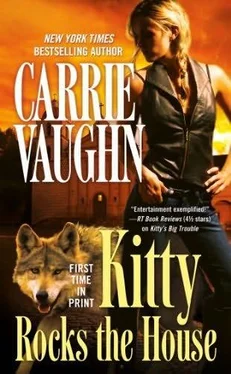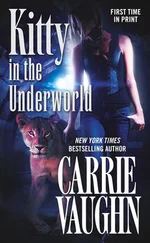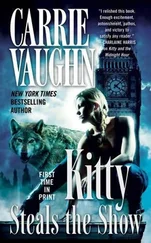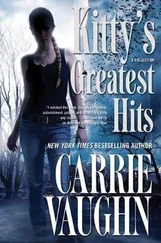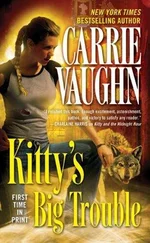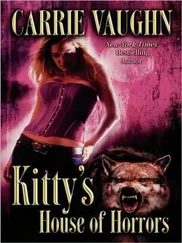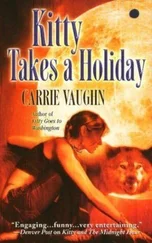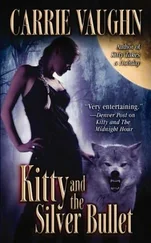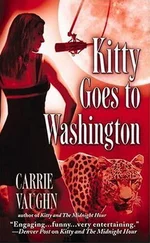“Professor Sean Eret is a historian from the University of Michigan, and he’ll start us off. Welcome to the show, Dr. Eret.” Eret had written articles defending the book, and I was looking forward to hearing from him.
“Thank you for inviting me. This should prove energizing.”
“Lay it out for me: you believe the author of In the Blood is telling the truth and really is the actor Edward Alleyn turned vampire.”
He had a pleasant, rumbly professor voice. Like he ought to be sitting in a big comfy chair by an old-fashioned fireplace. I chose to imagine him so. “It’s not outside the realm of reason that this book is a work of fiction. But if it is, a ridiculous amount of historical research went into its creation. Alleyn has details here that most historians have never even thought to research. The names of Queen Elizabeth’s hounds and falcons, for example. He’s right, by the way, and I had to call in favors at the British Library to check. It’s astonishing.”
“So the historical accuracy was enough to convince you?” I said.
“It’s impressive all on its own, but there’s so much more to the book than that. It’s the personality of it.”
“You want to explain what you mean by that?”
“Facts, historical detail, no matter how obscure, can be researched. But the author of this book has managed to take on the mind-set of a person living in that time and place. The chapters dealing with his early life—they’re exquisite. It’s difficult for a modern author, no matter how diligent, to replicate the historical mind without some kind of judgment or commentary on that time as history. Alleyn is so comfortable with the biases and prejudices of a man from that time and place, I’m very much inclined to believe his claims.”
“The gossip about Shakespeare and Marlowe doesn’t hurt, either,” I said.
“If the anti-Stratfordians won’t take the word of Edward Alleyn that Shakespeare wrote Shakespeare’s plays, I’m not sure there’s any hope for them.”
“I think I have to agree with you, sir,” I said. “This sounds like a fine time to bring on my second guest, to offer a counterpoint. Professor Amanda McAdams, who teaches literature at the University of California at Santa Barbara and has written extensively on Elizabethan drama, thank you for joining us.”
“Thank you,” she said, brusque and businesslike.
“I know you have your own thoughts about In the Blood and its author.”
“Yes, I do. Professor Eret has been fooled by a very convincing piece of fiction,” she said. “All those facts, those details he praises—they can be researched and constructed. All the cross-referencing with secondary sources in the world will just tell you what the author used for source material. Even if the man himself came forward and allowed himself to be interviewed, and even if he does turn out to be a vampire, what proof do we have that he’s really Edward Alleyn the actor? Birth certificate? Driver’s license? I don’t think so.”
“What proof would convince you that this book really was written by the Elizabethan Edward Alleyn, Professor McAdams?”
“That’s just it, I don’t believe this book could possibly have been written by someone from the Elizabethan era. There’s no hint of historical idioms in the writing, of Elizabethan uses of language. The facts and mind-set within the writing may be historically accurate, as Dr. Eret says. But that’s just a matter of research and careful characterization. The syntax of the writing itself is that of a modern author.”
“That shouldn’t be at all surprising,” Eret interjected. “This isn’t time travel, the book didn’t land on us straight from 1620. It was written by someone living in the modern world for a modern audience. Well, perhaps ‘living’ isn’t the right word.”
I remembered something Ned said about accents. That a vampire who lived for a long time had to change his accent if he wanted to continue to blend in with the world around him. Language didn’t stagnate. Rick was born in sixteenth-century Spain, but he sounded like a modern American. Ned himself cultivated a modern, dramatic voice that was probably quite different than the one he’d used on stage during his prime.
Smiling at the microphone I said, “Am I right in thinking that both of you are writing scholarly essays either refuting or defending the book?”
“My refutation has already been published online,” Professor McAdams said. “I’ll be happy to write a rebuttal of any published statement Professor Eret cares to make on the subject.”
“ My essay is appearing in The New Yorker next month,” Professor Eret said.
I could imagine the glares they’d be exchanging if I’d had them both in the studio. I almost wished I’d been able to arrange it. I moved the conversation on. “What if I said I’d met the author and I’m absolutely certain his claims are true? He really is Edward Alleyn, the actor, and now vampire. I mean, he’s got a near-mint First Folio sitting in his living room.”
Professor McAdams said, “All you need to get a First Folio is a lot of money. It doesn’t mean anything.”
“He quoted Marlowe from memory.”
“Any decent actor from the Royal Shakespeare Company can do that,” she added.
Eret said, “This man you met, who claims to be Edward Alleyn—is he involved in the theater at all? I notice that this memoir deals very little with his life currently.”
“He’s protective of his privacy,” I said. “But I believe he owns at least a couple of West End theaters.”
“You see, that rings true to me. The original Edward Alleyn made his fortune in the theater and in spectacle. I have to believe that some of that impulse would still exist. But more than anything I offer this: of all the historical figures a vampire could claim to be, why on earth would anyone pick an Elizabethan actor who, apart from appearing as a secondary character in a popular film a dozen years ago, is virtually unknown to anyone outside the field? If this is a wild bid for attention, why not impersonate Walter Raleigh or Francis Drake, or even Shakespeare himself? If you’re trying to be famous, impersonating a celebrity hardly anyone remembers is not the way to go about it.”
When she didn’t respond right away, I prompted McAdams. “Professor? What do you think about that?”
“I have to admit, you have a point there.” She sounded thoughtful rather than disappointed.
Eret said, “Then you concede—I’m right, and the memoir is real.”
“I wouldn’t go that far,” she said. “There’s still a reputation to be made in establishing myself as the professional skeptic on the topic.”
I said, “All right, level with me—that’s why the Shakespeare debate’s still out there, isn’t it?”
“Because there are people who are professional skeptics on the topic? Of course.”
“Well, I have to respect your honesty, at least.”
Eret said, “Professor McAdams, would you be interested in staging a series of public debates on the subject?”
“That’s a wonderful idea. Maybe we could even co-present at the next MLA conference?”
“Splendid! Each of us ought to be able to get a book or two out of this. Are you tenured yet?”
“No—I could really use a high-profile book. Maybe even for a popular audience…”
“Then a formal rivalry could help both our careers,” Eret said cheerfully.
Are you kidding me? I wondered if they even remembered that I was here. “You guys do realize you’re still on the air, right?” They both made polite affirmative noise. “Do I dare ask about any conclusions on the subject of In the Blood and its author?”
Читать дальше
